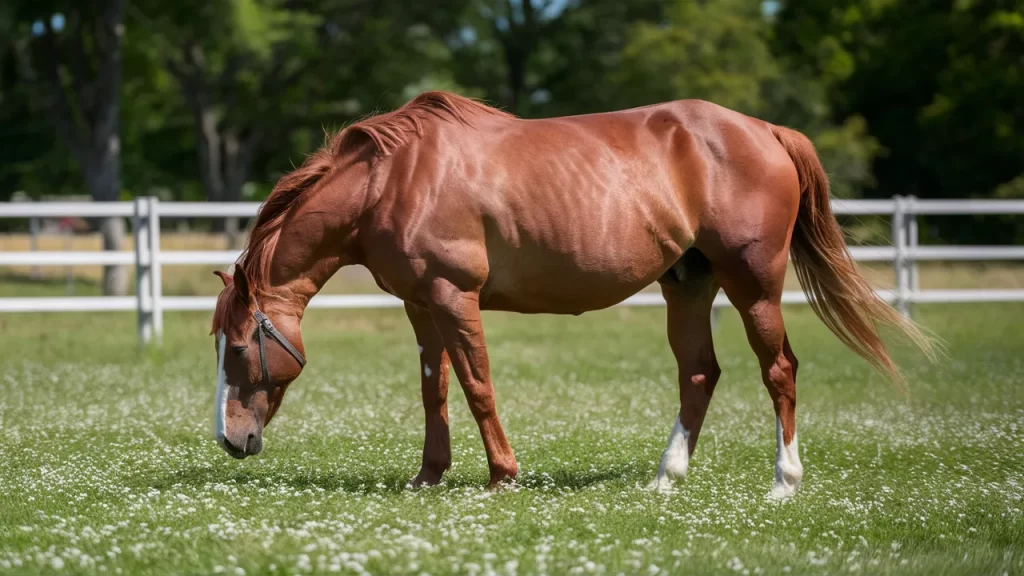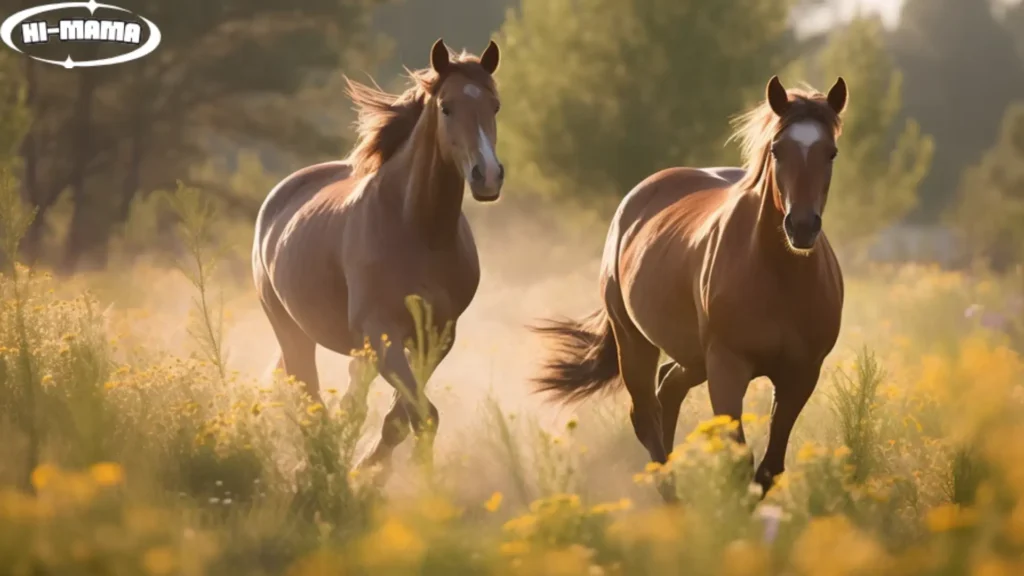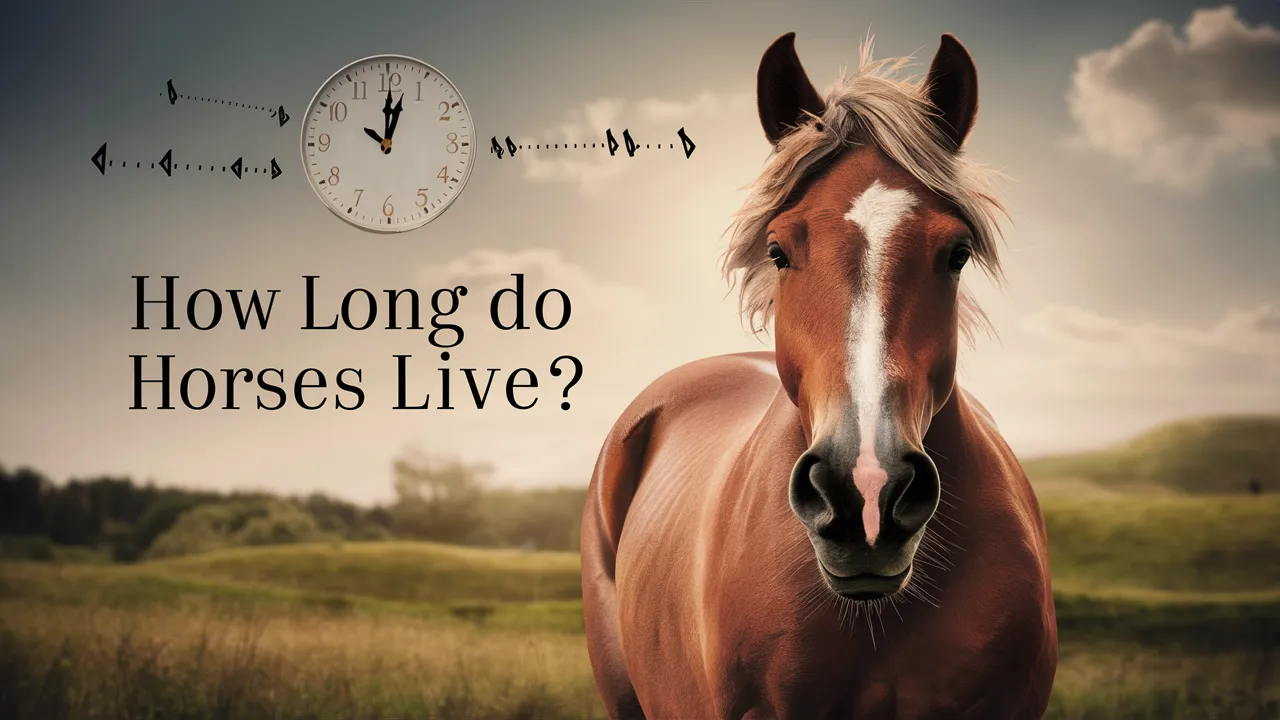Did you know that horses today can live up to 30 years, thanks to modern veterinary care and nutrition? This article explores the factors affecting a horse’s lifespan and offers practical tips to help your horse live longer and healthier. Whether you’re a seasoned equestrian or a new horse owner, you’ll find valuable insights to keep your horse thriving.
Average Lifespan of Horses

Most horses live between 25 and 30 years. With proper care, including diet, regular veterinary check-ups, and exercise, many can reach the higher end of this range. Some exceptional horses have lived into their 50s or even 60s thanks to excellent care, good genetics, and some luck.
Lifespan by Horse Breed
- Smaller Breeds: Fjords and Icelandic horses can live 30-35 years due to their robust health and slower growth.
- Larger Breeds: Cold-blooded breeds typically live 18-25 years, while thoroughbreds usually reach around 25 years, influenced by their demanding careers.
- Other Breeds: Ponies often live over 40 years, Arabians up to 30 years, and Quarter Horses around 25-30 years.
Factors Affecting Horse Lifespan
- Nutrition: A balanced hay, grass, and grains diet is crucial. Make dietary changes gradually to avoid digestive issues.
- Veterinary Care: Routine check-ups and vaccinations against diseases like rabies and tetanus are essential.
- Living Conditions: A clean, comfortable environment with good shelter and clean pastures promotes health and longevity.
Signs of Ageing in Horses
Aging horses show physical changes like a sagging back, muscle wasting, and clouding of eyes. They may also develop grey hair and chew more slowly due to dental issues. Hormonal problems like increased water intake and conditions like laminitis are also common. Read this article if you want to know the Most Expensive Horse Breed in the World.
Common Causes of Death in Horses

- Old Age: Only about 0.6% of horses die of old age; most die from age-related issues.
- Diseases: Colic, digestive issues, and lipomas are common. Racehorses may suffer cardiac arrest, and infectious diseases spread quickly in crowded equestrian centers.
How to Improve Your Horse’s Lifespan
- Diet and Nutrition: Provide a balanced diet and make gradual changes to prevent digestive problems.
- Regular Veterinary Care: Ensure routine check-ups and vaccinations.
- Exercise and Physical Activity: Maintain a consistent exercise routine, adjusting as the horse ages.
- Dental Care: Regular dental check-ups prevent and manage dental problems, ensuring proper nutrition.
Exceptional Cases
The oldest recorded horse, Old Billy, lived to 62 years. Factors contributing to such longevity include excellent care, good genetics, a stable environment, and preventive measures like regular dental care and vaccinations.
Final Words
Horses can live 25-30 years on average, but with exceptional care, some can live much longer. A balanced diet, regular vet care, consistent exercise, and proper dental hygiene are crucial. By prioritizing these factors, horse owners can help their horses live long, healthy lives.

